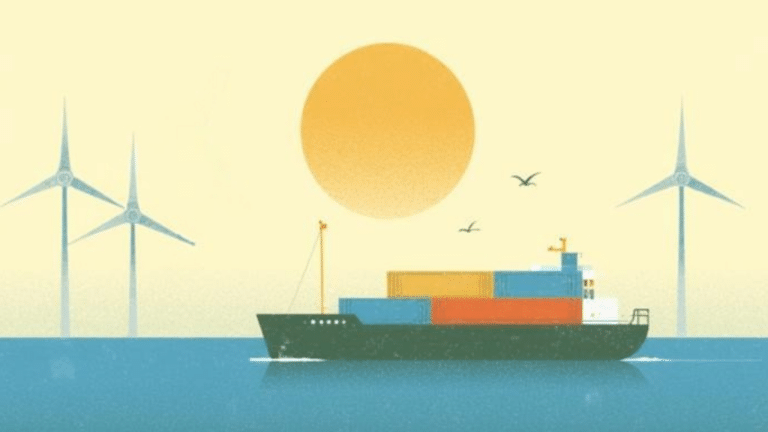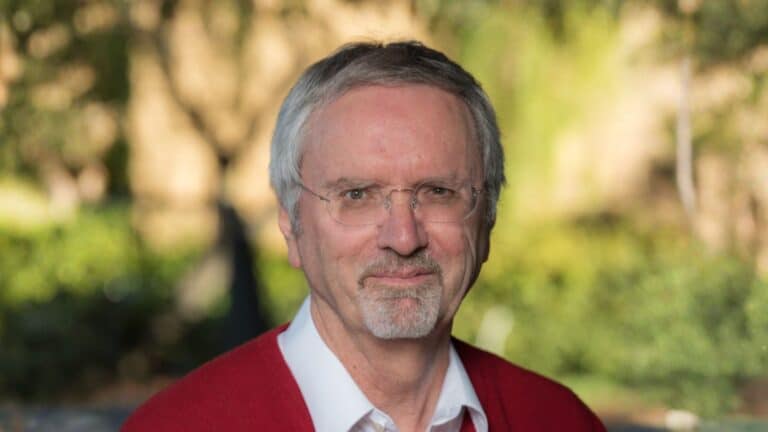Could a strategic lithium reserve kickstart US supply chain development?
NEW YORK -- A strategic lithium reserve is being mooted as a solution to stabilize volatile prices that have hindered American mining projects, allowi
Current Access Level “I” – ID Only: CUID holders, alumni, and approved guests only
This website uses cookies as well as similar tools and technologies to understand visitors’ experiences. By continuing to use this website, you consent to Columbia University’s usage of cookies and similar technologies, in accordance with the Columbia University Website Cookie Notice.
Our work is committed to independent and nonpartisan research that meets the high standards of academic integrity and quality at Columbia University.
Our initiatives and programs are designed to address critical needs in key focus areas around energy and climate policy.
Explore our expert insights and analysis in leading energy and climate news stories.
NEW YORK -- A strategic lithium reserve is being mooted as a solution to stabilize volatile prices that have hindered American mining projects, allowi
Get the latest as our experts share their insights on global energy policy.
This Energy Explained post represents the research and views of the author(s). It does not necessarily represent the views of the Center on Global Energy Policy. The piece...

Hear in-depth conversations with the world’s top energy and climate leaders from government, business, academia, and civil society.
If it seems like you're hearing a lot more about geothermal energy lately, that's because this clean, firm energy source is at a technological turning point. With roots...

Find out more about our upcoming and past events.
The Center on Global Energy Policy at Columbia University SIPA's Women in Energy initiative and Accenture invite you to join us for an evening of conversation and networking...

We are the premier hub and policy institution for global energy thought leadership. Energy impacts every element of our lives, and our trusted fact-based research informs the decisions that affect all of us.
Samuel Ruben-Peter G. Viele Professor of Electrochemistry

Alan C. West is the Samuel Ruben-Peter G. Viele Professor of Electrochemistry in the Department of Chemical Engineering; he has a joint appointment in its Department of Earth and Environmental Engineering. He received his PhD in Chemical Engineering from the University of California and his BS from Case Western Reserve University. He has served three terms as Chair of Chemical Engineering, and is an author of an introductory textbook for engineering applications of electrochemistry, the underlying discipline behind batteries and fuel cells. He is the co-director of the Columbia Electrochemical Energy Center (CEEC), which is focused on accelerating the adoption of electrochemical energy storage for humanity. The CEEC focuses on batteries, fuel cells, and electrolyzers as key technologies to allow electrification of transportation and for large-scale integration of renewables onto the electrical grid. The CEEC is a multi-disciplinary collaboration, with interests ranging from the discovery of new materials for next-generation batteries to system safety and integration to understanding the impacts of policy on emerging markets. Professor West’s research interests lie in theoretical and experimental fundamentals, with applications including the design of electrode architectures, numerical simulation, and battery diagnostics.
Get the latest news and research on energy & climate policy.
"(required)" indicates required fields